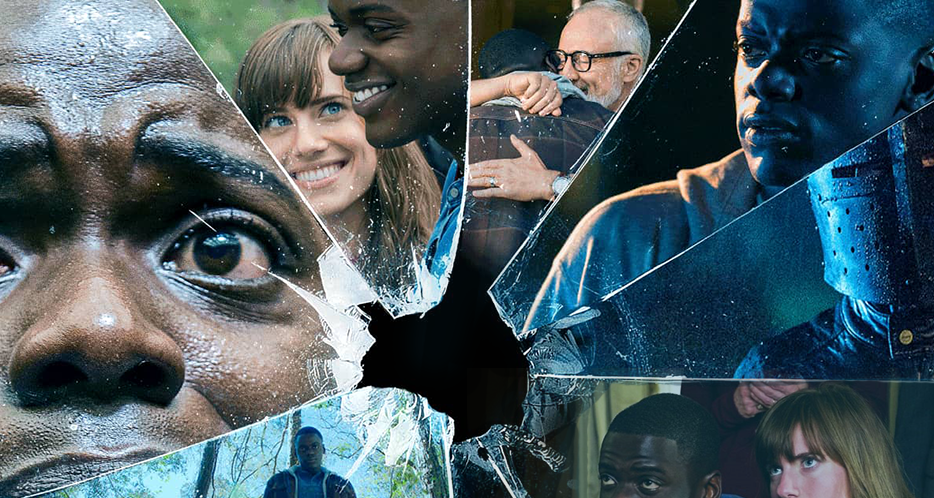Movie Review: Get Out

Sometimes it’s hard to separate the hype from the end product. Films such as “La La Land” had a level of hype impossible to deliver upon, even for its most vocal admirers. Add to the fact that horror movie fans rarely feel valued and you get the hype that surrounds films like “Get Out.”
Commercial horror films have been on a steady decline in quality for almost two decades. Decades prior to the millennium had big-budgeted blockbuster horror films that went on to be classics (think “Jaws,” “The Exorcist,” “The Sixth Sense”). Post-Y2K brought contemporary horror classics that were underperformers at the box office and subsequently found their audience on home video (i.e. “The Descent”).
In the past five years, we have seen a resurgence of films that take from elements of classic horror films and make them their own entity entirely, thus satisfying fans of classic horror and bringing together a new audience for horror.
Ever since “Paranormal Activity” made over 7,100 times its original budget, big studios have been funding cheap films that have excessive jumpscares revolving around supernatural elements. This results in theaters filled with teenagers eager for a quick scare and a community of horror fans who feel undervalued and underappreciated.
If they are lucky, horror fanatics will get one unique and genuinely great horror film a year. 2015 was the year of “It Follows” with 2016 being the year of the 17th century supernatural spectacle “The Witch.”
“Get Out” looks to be the singular horror film that has the hype behind it this year. This is disappointing, and I hope it’s not the only quality thing commercial horror has to offer in 2017. It’s an underwhelming retrek of various horror tropes that have plagued the genre for decades.
When you realize the antagonists of the story, who are bad-natured via an undercurrent of racism, aren’t cross-burning skinheads, it puts what writer/director Jordan Peele is trying to convey into context.
It slashes through typical stereotypes when portraying racists on film. Peele said it was inspired by his notice of subtle racism all the way to extreme racism he sees on a daily basis how Peele sees these types of people in everyday life. They are the overtly progressive liberals who want everyone to know how un-racist they are, but end up doing more harm than good. They admire black culture as an entity they claim to respect, but from a distance, remaining ignorant. Inviting black culture, but actually viewing it as a niché in their overall society. The dinner party scene where all the middle-aged guests are treating the main character Chris (Daniel Kaluuya) as an open book who can answer their sly racist comments for their own pleasure details this.
There’s a difference between paying homage and using tired horror clichés in the belly of an original story idea. Peele’s influences of classic thrillers such as “Rosemary’s Baby” and “The Stepford Wives” are apparent and used gracefully. Using the tone of a group of eventual wrongdoers who feel slightly askew went well with Peele’s theme of complacent racism. It’s a sense of uneasiness and tension that builds to a respectable payoff.
It becomes a problem when the third act turns into the same recycled trope that happens in an abundance of unoriginal commercial horror films ad nauseum. Using the metaphor of hypnotism and allocating that to the gentrification of African-Americans is a clever topic to bring to the table, however.
“Get Out” is by no means a bad film. The acting is excellent and it’s shot with an adoring eye for horror. When you take away the social undertow for which it grabs critical praise, you have your ordinary commercial horror film that is slightly better. It’s not a supernatural film with jump scares to the point of the viewers getting an aneurysm, so it accolades praise for not being like the others. It’s an example of how you can sell the same tired horror film to the masses every time with successful results. Peele didn’t even have to add the social commentary underneath it and the tickets would have still sold like crazy. If you put an underlying message under bland films, it makes easily-led moviegoers feel smart.